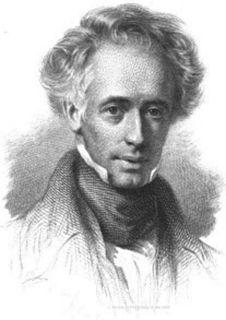A Quote by Conrad Hilton
There is a natural law, a Divine law, that obliges you and me to relieve the suffering, the distressed and the destitute.
Quote Topics
Related Quotes
The Law was given by Moses; the moral law, to discover the extent and abounding sin; the ceremonial law, to point out, by typical sacrifices and ablutions, the way in which forgiveness was to be sought and obtained. But grace, to relieve us from the condemnation of the one, and truth answerable to the types and shadows of the other, came by Jesus Christ.
The law is equal before all of us; but we are not all equal before the law. Virtually there is one law for the rich and another for the poor, one law for the cunning and another for the simple, one law for the forceful and another for the feeble, one law for the ignorant and another for the learned, one law for the brave and another for the timid, and within family limits one law for the parent and no law at all for the child.


































